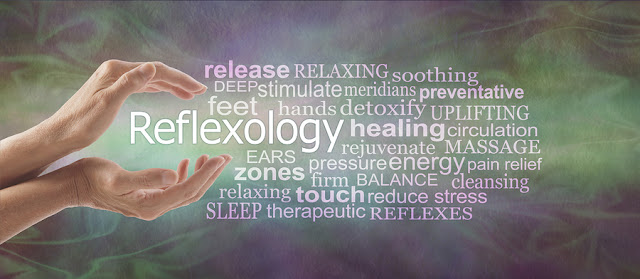What to Say to Someone Who's Grieving
“It’s not about saying the right things. It’s about doing the right things.” Anon.
In 2001, not long after my perfect wedding to my wonderful husband, I found that I was pregnant - the icing on the cake! I had always wanted children, so you can imagine our joy at this news. At first, it all went so well - a textbook pregnancy. Then, at my 20-week scan, we encountered problems and before we knew it, our little girl was delivered at 28 weeks by emergency Caesarean - my womb had been described as “too hostile a place” for her to continue to be.
Despite the valiant efforts of the amazing doctors, our daughter died the next day and our world collapsed. There was nothing anyone could do or say that could take away our pain, grief or guilt.
In the days and weeks that followed, it was as if I went through every emotion - grief, guilt, anger, numbness, denial, depression, disbelief, crushing sadness and aching emptiness. I went about everyday tasks like a robot, just existing, trying to be strong on the outside so everyone thought I was coping. Inside however, I was in bits - at the bottom of a very dark and engulfing pit. Looking back, I should have taken advantage of the bereavement counselling that was offered to me, but at the time I thought I didn’t need it.
My friends were all so supportive but I knew that most felt really uncomfortable talking to me in case the subject of babies came up. I desperately wanted to talk about my daughter (as all new mums want to) because it was a way of keeping her with me and acknowledging her existence. I was just as proud of her as any new parent would be of their new baby. I felt really alone. I guess people didn’t know what to say and were scared to say the wrong thing. They knew that there was nothing they could really say that would make my hideous situation any better.
Since then, I have found myself on the other side too - trying to think of something to say to a friend when something unspeakable has happened to them - a bereavement, a medical diagnosis, the end of a long-term relationship. I have found myself doing the avoidance thing, in case I say or do something wrong.
So, I gave some thought as to what might have helped me (and in some cases did help) in those dark days of 2001.
So what can we say or do to help?
1. Firstly, I really appreciated those times when someone was brave enough to speak to me (about anything) in those first few months. It’s better to say something (even the wrong thing) than nothing at all. Putting it bluntly, there’s nothing anyone can say that can make the situation any worse, but being isolated on top of your grief feels like the last of a very big heap of straws.
2. Think about the other person - their needs. If they’re feeling isolated, your avoidance won’t help. It might take you out of your comfort zone, but make contact - talk to them, give them a hug, just let them know you’re there for them - that you can’t take their pain away, but you’ll be with them - they aren’t alone.
3. Don’t tell them that you know how they feel - you don’t. Everyone’s grief is personal and we all cope in different ways. Remember, it’s not in our power to take the grief away, it’s just our job to support someone in their grief so they know they’re not alone. Many of my friends admitted to me that they didn’t know what to say to me but I just appreciated them caring enough to reach out and show their support by just being there. We can’t make it go away and we can’t put it right.
Actually, I was the one who was desperate to talk, so once they’d made the first move, all they needed to do was listen - without judging, commenting or trying to fix me - and I was able to talk about my feelings and my daughter - and the isolation went away. Having my friends listen to me was the best thing they could have done at that time, and even now (16 years on) I appreciate it when someone acknowledges our little girl and asks me about her - I can still be a proud mum after all.
Ultimately, we can’t fix what has happened, but we can be with someone, by their side, so they don’t feel quite so alone. It might make us feel awkward, but it will make a difference.
Next week, our little girl would have been sweet sixteen. I still ache for her. I still talk to her. I’m proud to be her mum. And I’m very grateful for all those who helped us through our difficult journey - you know who you are xxxx




Comments
Post a Comment